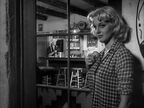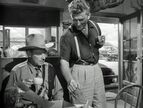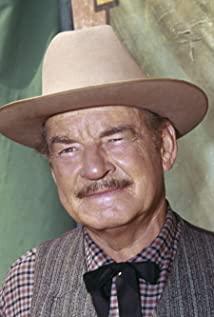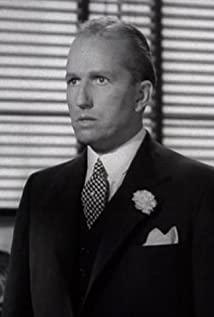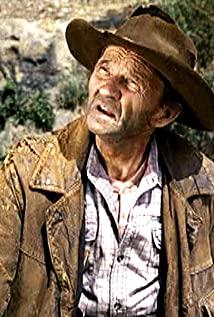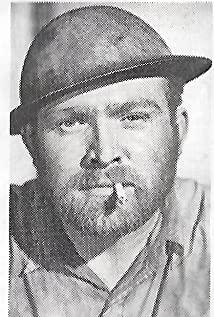"In the group, the individual hides himself, the moral responsibility is replaced by the 'will of the majority', and the group, in the name of the majority, is secretive about morality."
This is a story of a value stubbornness being ravaged by a group carnival. Teyton was a notorious New York-based reporter who came to town, and his only dimension in life was to discover the intrinsic value of reportable news. While he was doing nothing, suddenly a small town shop owner Leo was trapped. In order to satisfy his perverted news talk and possessiveness, he chose the slowest rescue method, and finally caused Leo to be trapped in a rock and die tragically.
Because of the increase in the value of news and the painstaking propaganda and reports of the old fritters, this blocked place has turned from a rescued poverty-stricken place into a peaceful casino, with reporters and volunteers from the fundraising fund set up camp. , small vendors selling Indian jewelry, amusement park owners and all kinds of "enthusiastic" people.
Leo's wife had no grief at all, but was laughing at the economic benefits of newsworthiness, and she even wanted to use Teton to live a new life in New York, leaving Leo who loved her dearly. Leo presents her with a fur scarf, only to be murdered by Tyton, who wants to create a more sensational scale effect. Leo's wife stabbed Teton with scissors, and Teton finally reflected, but when he tried to rescue Leo, Leo had already died. If you don't kill Boren, Boren will die because of you.
The metaphor of the age of moral anxiety is clear. What has been lost is the spiritual value that is gone and never to return, and its practice has already encountered a crisis. Heart palpitations seem to be a kind of situation that the film seeks. In the turbid reality of the news industry, if you want to save yourself, it has become a soap bubble or a utopian pursuit. If the individual in the group does not have the ability to fight against cowardly human nature, he can only be corrupted by the hesitation of dumb and wrong. Taiton's behavior itself is a kind of blasphemy to his own professional ethics, but he always hides it under the guise of "human nature". A person like Taiton symbolizes a type of person whose soul has died and has lost his sense of the sublime inner self, and the reason why he delays time and delays the best time for rescue is his own destiny.
retrospective questioning. The guilty conscience of journalists stems from their growing vanity and moral decline. When the loss of individual spirit turns into a collective carnival feast, the part of consciousness that is dead and unable to recover has been wiped out. The first time Teton went to see Leo, he only took two pictures of Leo for the sake of maximizing his profit, and then slipped away due to the difficulty of rescue. Irresponsible behavior and behavior is the embodiment of the annihilation of journalistic conscience. The pain and life privacy of others can become a kind of consumption object, thus giving rise to a group carnival in which the sound of singing and silver bells can be heard, and the personnel and spirit are indifferent. After death, what remains is the struggle in the wildfire and the pain of blood and tears, contrasting with the feast of human beings who cannot sympathize with each other.
At the end of the film, Teton's fall in front of the town boss is a clear moral metaphor. Tyton's missteps were less a product of social progress than a self-mistake underpinned by a big lie. The relationship between media ethics and popular culture is evident.
View more about Ace in the Hole reviews




